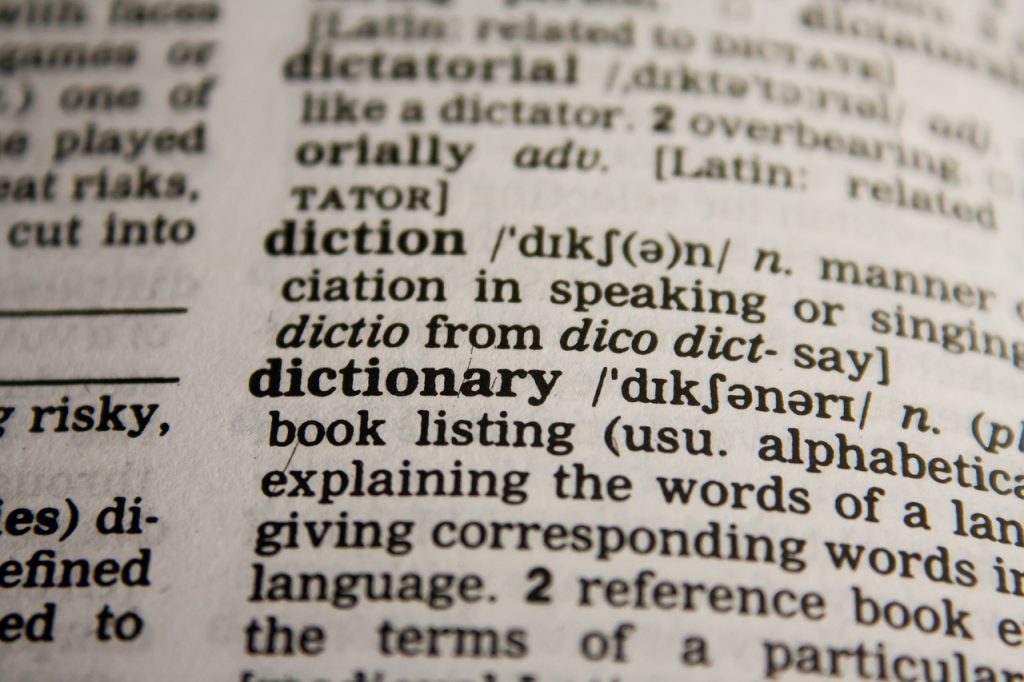Navigating the world of home education can be both exciting and overwhelming, especially with the unique terminology and concepts involved. Whether you’re a seasoned home educator or just beginning your journey, understanding the key terms is crucial for reading and taking part in discussions regarding home education. This ever evolving glossary of home education terms in the UK aims to demystify the language and provide you with clear definitions of the most important concepts. From understanding what “Elective Home Education” means to exploring different educational approaches like “Autonomous Education” and “Unschooling,” this guide is here to support you.

- Home Education: The practice of educating children at home rather than in a traditional school setting.
- Elective Home Education (EHE): The official term used by the UK government for home education, indicating that it is a choice made by parents rather than a necessity.
- Local Authority (LA): The local government body responsible for education within a specific area, including oversight of home education.
- De-registration: The process of formally removing a child from a school roll to begin home education. Read my step-by-step guide to deregistration.
- Education Otherwise: A phrase used in UK legislation referring to education provided outside of traditional schools, including home education.
- National Curriculum: The framework outlining the subjects and content taught in state schools in the UK. Home educators are not required to follow this, but some choose to use it as a guideline.
- Learning Styles: The various approaches or methods that children use to learn, such as visual, auditory, or kinesthetic.
- Autonomous Education: An approach to home education where the child’s interests and choices guide their learning rather than a structured curriculum.
- Deschooling: A transition period when a child is removed from formal schooling and adjusts to a new way of learning, often characterised by a break from structured education.
- Flexi-Schooling: An arrangement where a child attends school part-time and is home-educated for the remainder of the time.
- Portfolio: A collection of a child’s work and achievements, often used to demonstrate progress to local authorities.
- Educational Philosophy: The set of beliefs and principles that guides a home educator’s approach to teaching their children.
- Inspection: The process by which local authorities may review the education being provided at home to ensure it meets certain standards, though this is often informal and may involve meetings or written reports.
- SEND (Special Educational Needs and Disabilities): A term used to describe children who have additional learning needs or disabilities that may require tailored educational approaches.
- Socialisation: The process by which children learn to interact and communicate with others, a common concern addressed in home education through various social activities and groups.
- Unschooling: A form of home education that emphasises learning through life experiences, play, and natural curiosity rather than a formal curriculum. Find out more about Unschooling a path to lifelong learning.
- Tutors: Educators hired by parents to teach specific subjects or provide additional support in home education.
- Exams and Qualifications: Home-educated students can take public exams such as GCSEs and A-Levels as private candidates.
- Education Act 1996: The primary legislation governing education in England and Wales, which includes provisions for home education.
- Learning Resources: Materials and tools used in home education, ranging from textbooks and workbooks to online courses and educational games.
- Home Education Group: A community or support group for families who home educate, offering social opportunities, shared resources, and mutual support.
- Ofsted (Office for Standards in Education, Children’s Services and Skills): The official body for inspecting schools in the UK, which does not inspect home education but may become involved if there are concerns about educational provision.
- Parental Responsibility: The legal obligation parents have to ensure their child receives a suitable education, whether at school or through home education. Home Education is legal in the UK.
- Self-Directed Learning: An educational approach where the child takes the lead in their learning process, often linked with autonomous education and unschooling.
- Learning Objectives: Specific goals or skills that a child aims to achieve through their education, which can be set by parents in a home education context.
- Educational Consultant: A professional who offers advice and support to home educating families, often helping with curriculum planning and learning strategies.
- Safeguarding: Measures taken to ensure the safety and well-being of children, including those who are home educated.
- Statutory Guidance: Official advice provided by the government to local authorities on how to support and monitor home education.
- Field Trips: Educational visits and outings that are an integral part of many home education programs, providing hands-on learning experiences.
- Learning Plan: A structured outline of the educational activities and objectives planned for a home-educated child, which can be shared with local authorities if requested.
As home education evolves and new terms emerge, I am committed to keeping this glossary up-to-date. I will regularly update this post with new definitions and relevant information to ensure you have the most current and accurate resources at your fingertips. Stay informed and empowered with my ever-growing glossary, designed to help you navigate the vibrant and diverse landscape of home education in the UK. Please let me know if there is a term you would like to see added to the list.

[…] a good place to start; If you come across any terms that you do not understand then you may find my Glossary of Home Education Terms […]